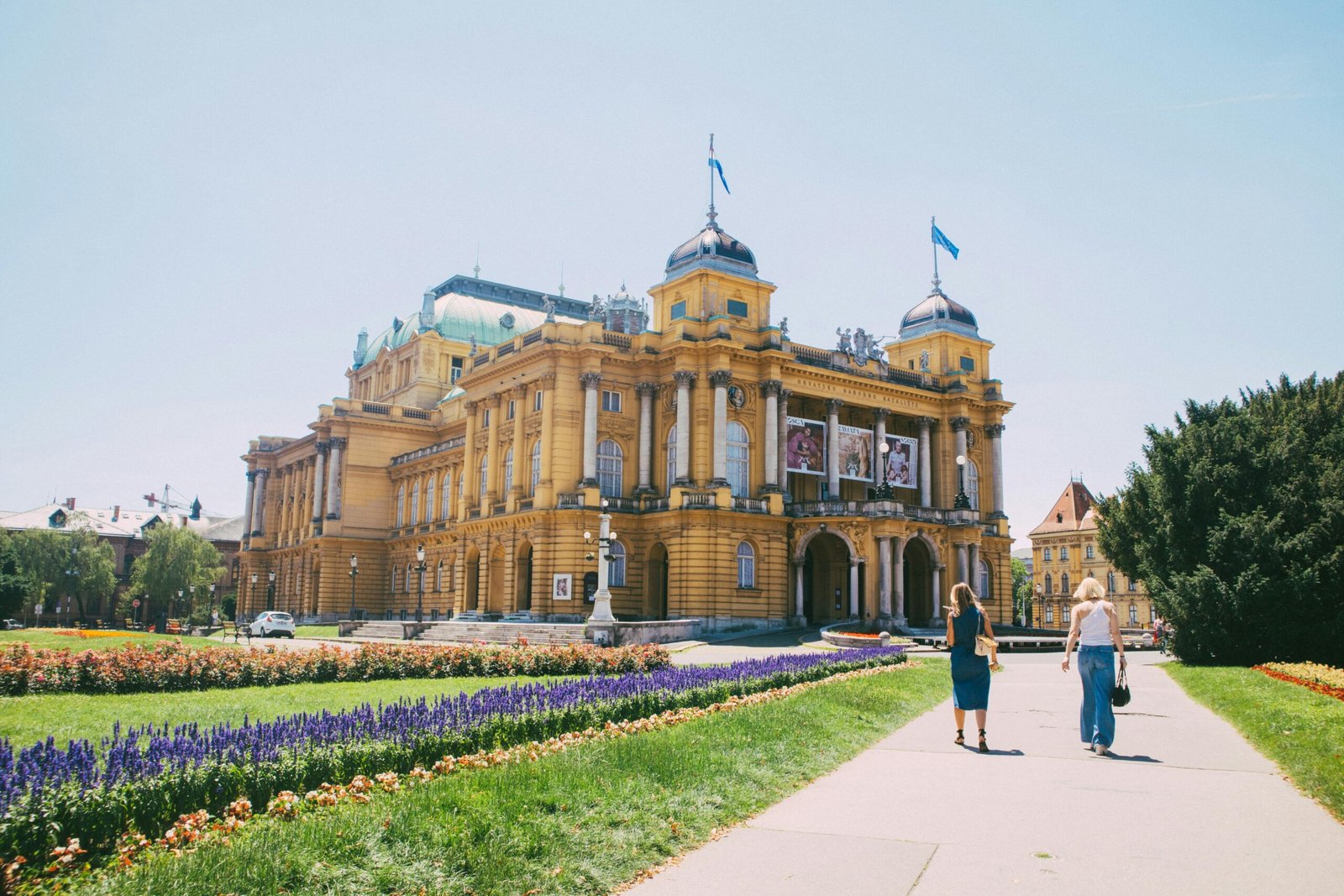Research shows that the development of scientific literacy fosters creative thinking and innovation in children (DeJarnette, 2018). Children should be provided with experiences through which they can actively engage in various forms of learning (experiments, discussions, and explanations), using learning strategies and constructing new knowledge. This process allows them to reach their own truths and theories, which will change as they grow. Brunton and Thorton (2010) state that inquiry-based learning in early childhood develops through four interrelated and developing phases: asking questions, seeking understanding, reflection and evaluation, and exploration. Inquiry-based learning, which is the foundation of scientific literacy, stimulates a child’s natural curiosity and enables the development of communication skills and teamwork skills (Vujičić, 2016). Learning through inquiry encourages the development of skills inherent to scientific literacy, such as observation, comparison, questioning and concluding, problem identification, and problem-solving. Stimulated by scientific thinking, children adopt values and develop competencies and attitudes that go beyond the framework of scientific literacy. These include curiosity, enthusiasm, motivation, responsibility, originality, independent thinking, respect for evidence, open-mindedness, and critical thinking.
The role of educators is to encourage children’s scientific thinking by providing a stimulating temporal and material environment. This course will contribute to strengthening educators’ competencies in the STEM field.
Learning Outcomes:
- Understand, analyse, and synthesize various learning strategies for young and preschool children
- Understand, analyse, and synthesize the role of STEM in early childhood
- Apply acquired knowledge and adapt and prepare materials for working with children
- Analyse information, experiences, and insights on how young and preschool children acquire scientific concepts
- Create an encouraging environment, materials, and activities
- Assess and evaluate activities conducted with children
Overall objectives of the mobility:
- To design, plan and deliver play-based and creative learning STEM models for young and preschool children as optimal for learning about STEM while organizing environments that support children in inquiry-based learning with a focus on various STEM fields.
Recommended for Participation:
- VYL / YL teachers, teachers, teacher educators, trainers
- English level B1- B2
Syllabus of the Education by Days
- Day 1
Welcome and course overview
Introduction of participants
Discussion: STEM activities in early childhood education
Worldwide STEM activities ECE
Collaborative hands-on activities - Day 2
Role of teachers in fostering STEM activities
Reflective practice
Creating the environment that supports scientific literacy
Collaborative hands-on activities
Presentation of outputs and peer reviews - Day 3
Scientific literacy in ECE
Chemistry for ECE
Experiments with natural materials
Collaborative hands-on activities
Presentation of outputs and peer reviews - Day 4
Exploring mathematics in ECE settings
Playful mathematics – play and playing with relations, numbers, measures
Collaborative hands-on activities
Presentation of outputs and peer reviews - Day 5
Integrating STEM activities in the ECE curriculum
Presentation of “new” curriculum to a group
Peer review
Course evaluation
Course package fee: 500,00 EUR
- Tuition fee and training material for 5 days
- Certificate of attendance/Competence
- Europass mobility certificate
- Administration & Registration fees
- Certification fees
- Coffee breaks
Dates:
- 21.9. – 5.9.2025., Zagreb
- 24.8. – 28.8.2026., Dubrovnik
- 31.8. – 4.9.2026., Zagreb
Location: Dubrovnik

Location: Zagreb

